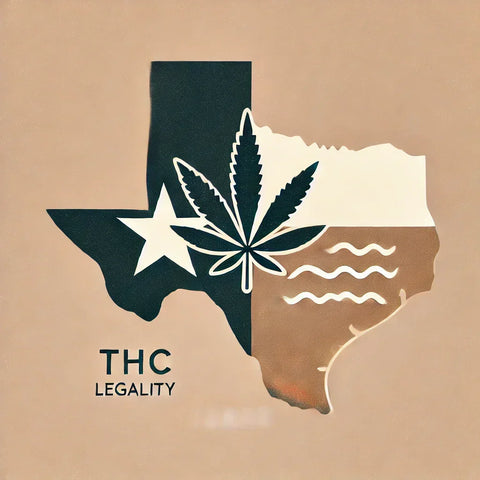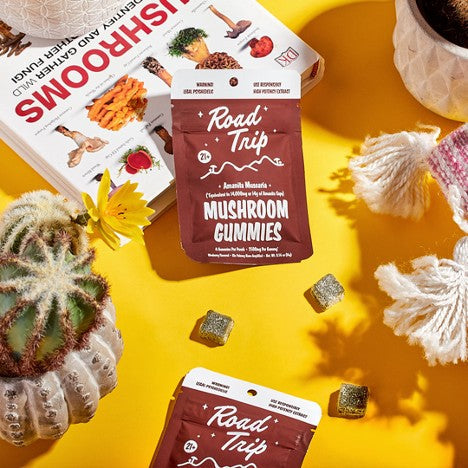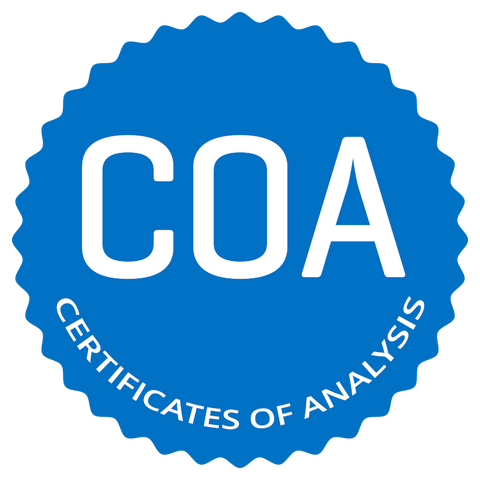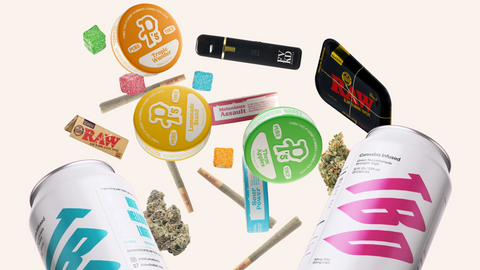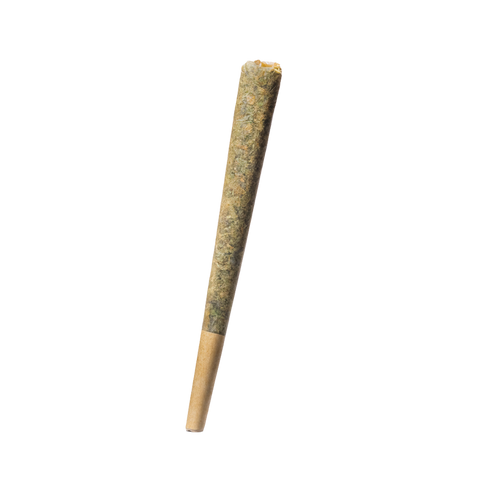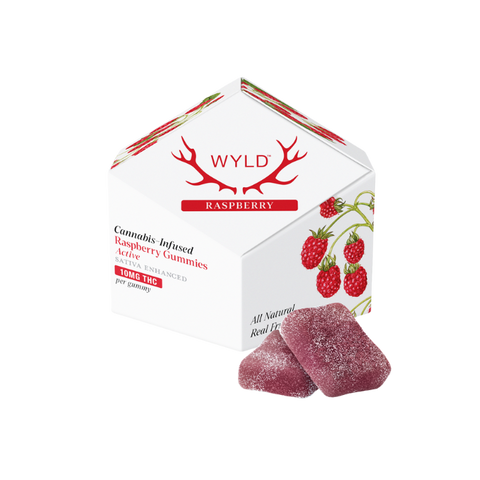The legal status of THC in Texas is a hot topic, especially with hemp products popping up all over the place. With new cannabis laws changing across the country, it’s important to understand what’s actually legal here in the Lone Star State. Let’s break down the science behind THCA, compare cannabinoids, and figure out how THC fits into Texas and federal laws.
The Science Behind THCA
Alright, before we talk about laws, let’s get into what THCA (tetrahydrocannabinolic acid) actually is. It’s a naturally occurring compound in the hemp plant, but it doesn’t have intoxicating effects—at least, not in its raw form. THCA has to go through a process called decarboxylation (basically, getting heated up through smoking, vaping, or cooking) to convert into THC, which is the compound associated with psychoactive effects.
THCA vs. THC: What’s the Difference?
-
THCA: Found in raw hemp, non-intoxicating, and often associated with wellness applications.
-
THC: The compound that can produce psychoactive effects.
-
Conversion: THCA converts into THC when heated, which is relevant to legal considerations.
Comparing Cannabinoids: THCA, THC, CBD, and More
Hemp and cannabis contain a variety of cannabinoids, each with distinct properties. Here’s a quick rundown:
-
CBD (Cannabidiol): Non-intoxicating, widely used for relaxation, wellness, and discomfort relief.
-
CBG (Cannabigerol): Often called the "mother of all cannabinoids," studied for its potential benefits to digestion and neurological health.
-
Delta-8 THC: A hemp-derived cannabinoid with mild psychoactive properties, currently permitted under certain legal conditions.
-
THCA: A naturally occurring, non-psychoactive cannabinoid in hemp that converts into THC when heated.
How Is THC Legal in Texas and Federally?
Texas follows federal hemp regulations, which means that products containing less than 0.3% Delta-9 THC (the primary psychoactive component) on a dry weight basis are considered legal. Here’s what that means:
-
2018 Farm Bill: Legalized hemp and its derivatives, provided they contain no more than 0.3% Delta-9 THC.
-
Texas Hemp Laws: Texas aligns with federal law, allowing THCA in hemp-derived products as long as Delta-9 THC levels remain compliant.
-
Legal Considerations: While THCA itself is non-intoxicating, its conversion to THC through heating introduces a regulatory gray area, and enforcement varies.
Comparing the Effects of THCA vs. THC
-
THCA Effects: Non-intoxicating, often explored for potential wellness benefits such as supporting normal inflammation responses and neuroprotection.
-
THC Effects: Psychoactive, associated with relaxation, altered perception, and other cognitive effects.
Final Thoughts
So, is THC legal in Texas? Recreational THC remains illegal, but hemp-derived products containing THCA are legally available, provided they comply with state and federal regulations. If you’re interested in exploring hemp-derived products, always ensure they meet legal requirements and are purchased from reputable sources.
For more updates on Texas hemp laws, product insights, and industry news, keep an eye on our blog. Stay informed, y’all!

